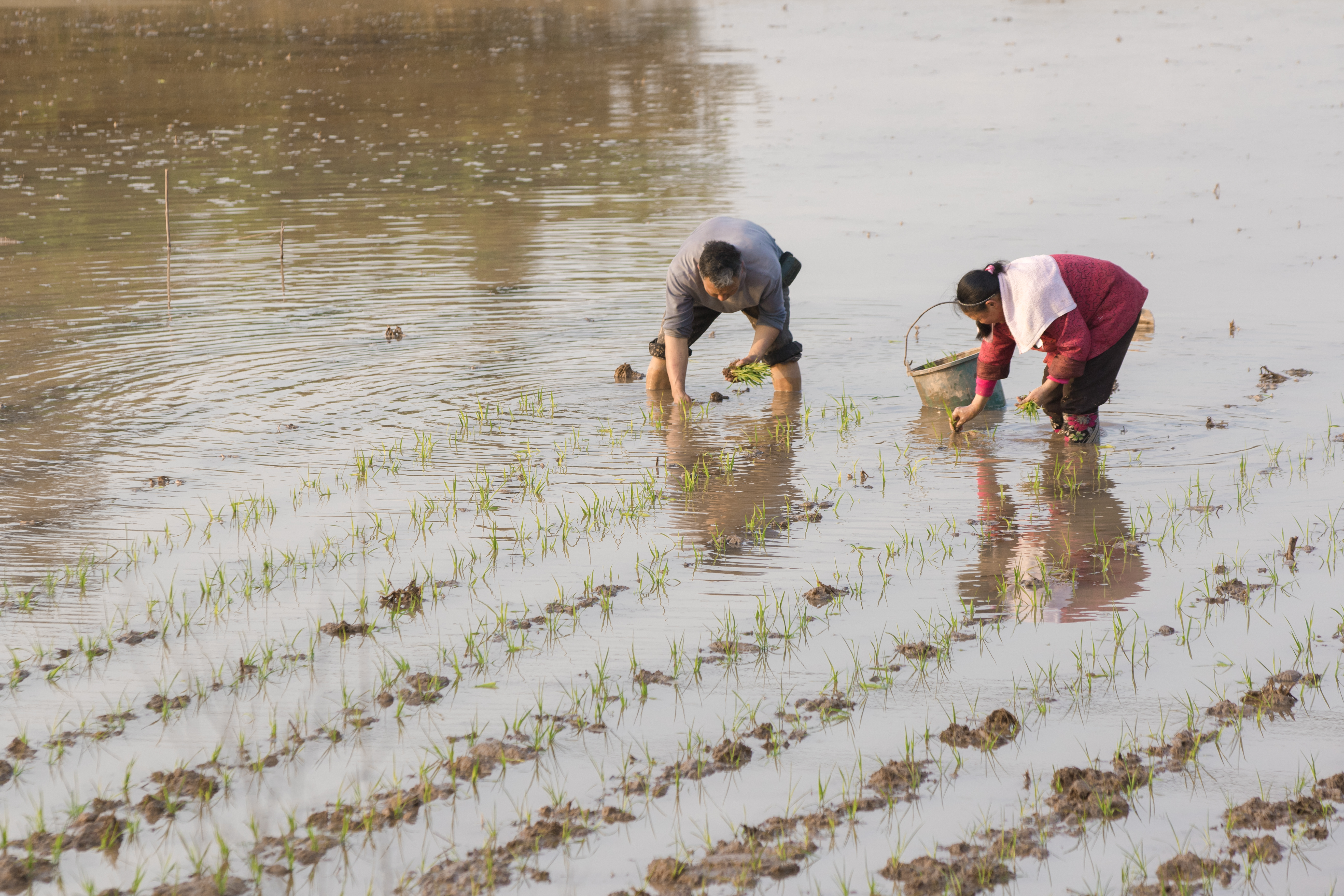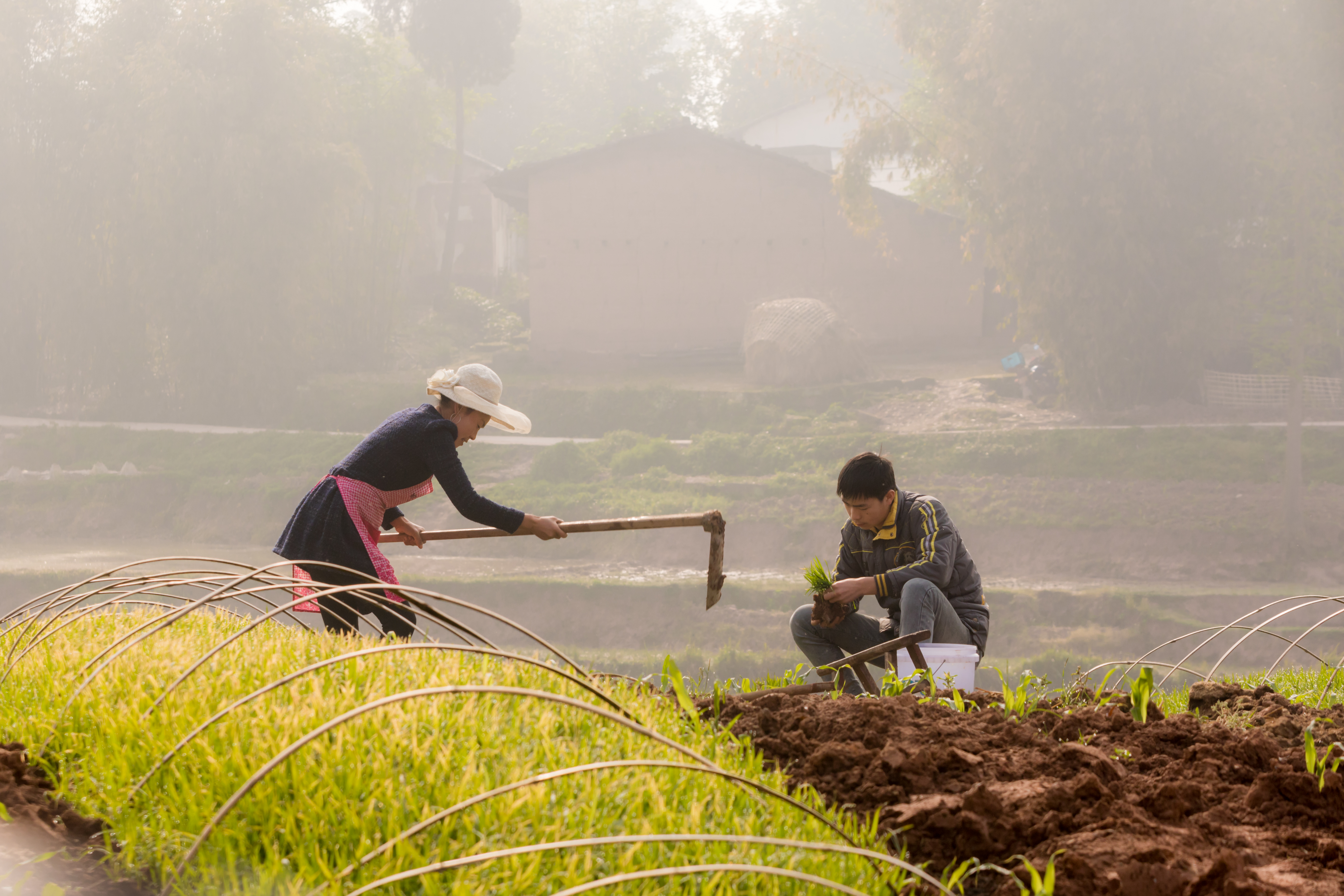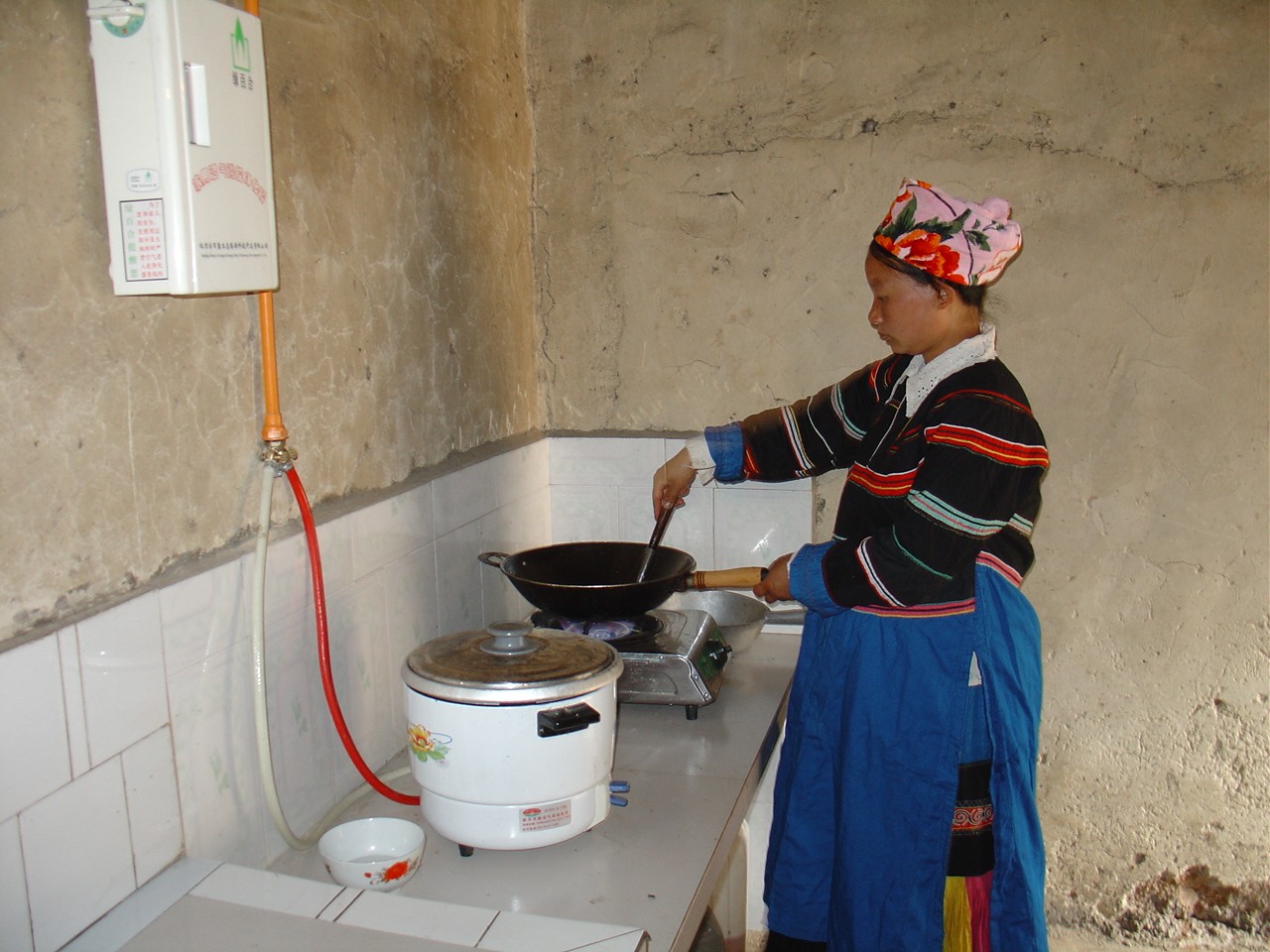
In early March, the Integrity Council for the Voluntary Carbon Market (ICVCM) has published its decisions about Core Carbon Principle (CCP) labelling of the most commonly used household biodigester and cook stoves methodologies. For a comprehensive summary of their assessment work at programme and project methodology level please see here.
In essence, the ICVCM’s recent methodology assessments in combination with its strict requirements for quantifying and measuring the projects‘ GHG emissions reductions means that currently no household biogas digester or cook stove project is fully CCP eligible, despite using an ICVCM approved methodology. Unfortunately, this is also the case for UPM’s Sichuan Rural-Household Biogas Development Programme (GS 1239).
For this reason, we consider it necessary to demonstrate why this ICVCM decision does not apply to UPM’s Sichuan Household Biogas PoA and why this project’s carbon credits are still a good alternative to those of many other household biogas and cook stoves projects actually affected by overcrediting risks.
Since vintage 2015, our PoA uses a combination of the following two methodologies under CDM and Gold Standard (GS):
- AMS-III.R. ver. 3– Methane recovery in agricultural activities at household/small farm level for calculating GHG emissions savings from avoided CH4 emissions due to animal manure treatment in biogas digesters distributed by the PoA and
- AMS-I.I. ver. 4– Biogas/biomass thermal applications for households/small users for calculating GHG emissions savings from avoided CO2 emissions due the fuel switch from coal to biogas.
AMS III.R. has not been assessed by ICVCM, so its use for household biodigester projects should still be fine, whereas AMS-I.I. has been rejected mainly due to overcrediting concerns related to inadequately high fraction of Non-Renewable Biomass (fNRB) values related to claimed avoidance of biomass use.
What is very important in this context is the fact that, from its inception, UPM’s Sichuan Household Biogas PoA has always applied a very prudent approach for calculating CO2 emissions savings under AMS-I.I. and its predecessor AMS-I.C. In contrast to many other household biogas programmes, UPM’s PoA does only focus on avoided coal use of participating smallholder households, while not considering avoided biomass consumption at all because, in our view, this would have been very difficult to measure in an exact and reliable manner.
This conservative GHG emissions reductions calculation approach has reduced this PoA’s carbon credit issuances considerably in comparison to similar projects with a less prudent approach. On the other hand, it is also one of the main reasons why US rating agency Calyx Global has given this PoA a tier 1 rating for GHG mitigation performance among just a few out of more than 200 household biogas and cook stoves projects rated so far. And that’s why the controversial debate about exaggerated fNRB values and related overcrediting concerns reflected in the latest ICVCM CCP decisions is not applicable to UPM’s PoA.
"We therefore hope that interested parties acknowledge the specific case of UPM’s Sichuan Household Biogas PoA and understand why a CCP non-approval of one digester methodology used does not necessarily mean that this project is of low quality or integrity. There is quality to be found in the market beyond CCP approvals and some hasty generalized rejections of projects without CCP label we are observing in the market lately will do more harm than good to the climate and the carbon markets,” comments UPM’s Managing Director Martin Dilger. He adds: “Carbon credit buyers and intermediaries should still conduct in-depth due diligences of individual projects in direct exchange with the responsible project developers rather than rely solely on CCP or other quality labels. This thorough and more nuanced evaluation approach ensures that top-performing climate action projects with credible and verifiable GHG emissions savings and SDG impact, like UPM’s Sichuan Household Biogas PoA, are identified and receive the required financial support.“
If you are interested in a deeper dive into the implications of the recent ICVCM CCP decision and UPM’s position as a most experienced project development practitioner, please feel free to download UPM’s comprehensive statement on this topic.
Learn more about the PoA and how to support it by visiting its recently relaunched website here.
Your contacts at UPM for the Sichuan Household Biogas PoA and for purchasing its GS VERs are:
Martin Dilger, Managing Director, UPM Germany
mdilger(at)upm-cdm.eu, T: +49 89 1222197 – 50
and
Gaiai Guo, Vice General Manager, UPM China
guog(at)upm-cdm.eu, T: +86 10 6468 0500
What’s New


Gold Standard VERs from UPM’s Sichuan Household Biogas PoA get top-tier rating by US rating agency Calyx Global
Continue reading

